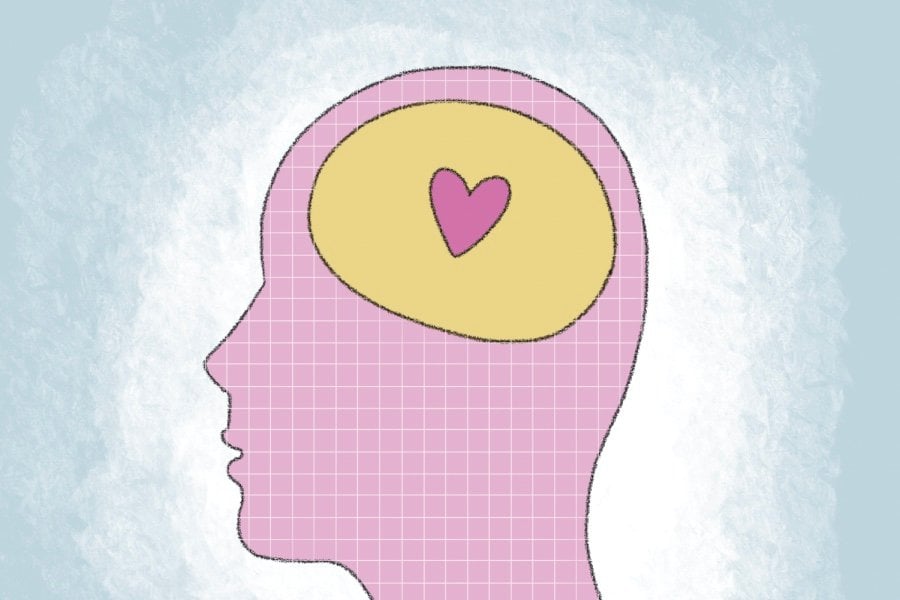ASG’s Health and Wellness Committee creates NUPS peer support program to improve mental wellness on campus
The Northwestern Peer Support program aims to supplement mental health resources on campus.
March 31, 2022
After seeing the demand for more student mental health resources and noticing long wait times for Counseling and Psychological Services, some Associated Student Government members set out to reimagine mental health spaces on campus.
“A lot of Northwestern students didn’t feel fully supported by CAPS,” said Weinberg freshman Cara Chang. “We started brainstorming potential ways to supplement what CAPS is doing and see how else we can support students.”
Alongside four other team members in a subcommittee of the Health & Wellness Committee, Chang helped develop the Northwestern Peer Support program, which aims to provide a safe space for students to share mental health struggles. The program, which will begin in the spring, matches two student facilitators to groups of about six to 10 participants. The pairing process will consider experience level and similarities.
[Read The Daily’s investigation of student complaints about Counseling and Psychological Services]
Subcommittee member Mia Xia said when recruiting facilitators, the committee looked for people who have lived experiences with mental health. People sometimes speak about mental health too casually, the SESP freshman said, so the selection process tried to recruit students who approach the topic with care.
To prepare facilitators, the subcommittee also partnered with the National Alliance on Mental Illness to develop a custom training program. The training will focus on teaching facilitators about active listening with mock scenarios that mirror real-life situations.
“Part of the training is a DEI workshop, and that’ll just be about thinking about how identity really intersects with mental illness and how to best be very open and the most intersectional with the work that we’re doing,” Xia said. “(NUPS) is supposed to be a group space for every student on campus.”
SESP junior Emma Wool, deputy chair of the subcommittee, said building and maintaining students’ mental health is a priority for the group.
The transition to college can be tough, especially if students haven’t had access to mental health resources in the past, Wool said.
“For a lot of students, it might be their first time ever experiencing these kinds of conversations,” Wool said. “We want to make sure that (mental health resources) are of access to all students and that mental health isn’t treated as something that is a last resort, but that it’s ever-present.”
A priority for the Health & Wellness Committee is making mental health more accessible, said Medill junior Julia Karten, the committee’s chair and a former Daily reporter. Karten said NU’s culture of overcommitment creates a stressful environment for students, and many experience feelings of burnout.
While Karten said NUPS is not a replacement for other professional programs on campus, like CAPS, peer support can provide students with confidants who understand their struggles on a more personal level. The peer support program is not directly linked to CAPS, though CAPS did approve the program moving forward.
“Led by peer facilitators, the group helps some people talk through their problems with others their own age, rather than an authority or expert figures,” Karten said in an email to The Daily.
Weinberg freshman Sara Bouftas, another subcommittee member, said the program is still in its early stages, and facilitators are set to undergo training this weekend. The committee is still recruiting participants.
Bouftas said she hopes to see the program expand. She said she wants NUPS to become a robust resource for students to rely on and turn toward at NU.
“I would really like to see anyone who feels like they’re facing any mental illness or any challenge, anything with their mental health … know that on campus we have this resource,” Bouftas said. “There’s this place on campus where you can immediately join and get support.”
Email: joannahou2025@u.northwestern.edu
Twitter: @joannah_11
Related Stories:
— WE ARE SAATH Northwestern focuses on mental health in the South Asian community



